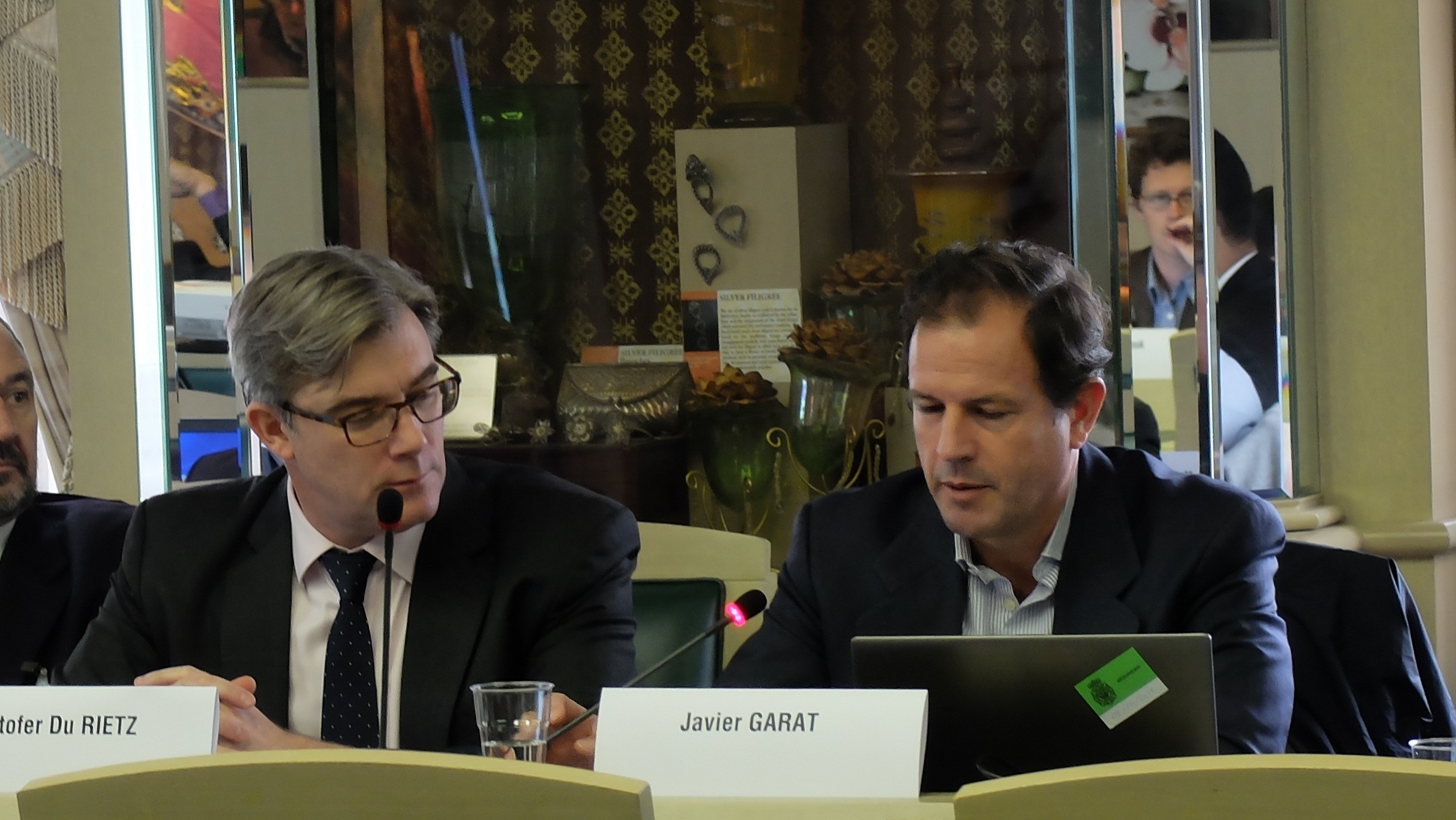INTERVIEW – Trust is transforming European fisheries management

European fisheries show how better trust between the stakeholders can improve the management of fisheries, Javier Garat, CEPESCA’s Secretary-General (the Spanish Confederation of Fisheries), highlighting the potential of the Fisheries Transparency Initiative (FiTI).
In an interview soon after FiTI’s second International Advisory Group meeting, which took place at the UN’s FAO headquarters in Rome, Javier Garat says the recent growth of trust between European scientists and fishing fleets has encouraged industry to produce more scientific data and to respect more scientific recommendations too, with positive effects on fish stocks.
“Building trust between scientists and the industry has helped to generate more data, together with better scientific assessments and recommendations.”
“Member states are following scientific recommendations more and more,” Garat says. “As a result of that, fish stocks are improving.”
Garat, whose organisation accounts for 22 percent of the European fleet by tonnage, says that when the European Union tried to impose technical requirements on the Mediterranean fishing industry, it failed. Most Mediterranean stocks remain over-exploited.
Industry, scientists, and governments are now trying a more collaborative bottom-up approach.
Garat’s European experience highlights the catalytic potential of the Fisheries Transparency Initiative (FiTI), which brings together governments, business, civil society, and scientists to generate information, trust, and dialogue.
“Fisheries management is better when all the stakeholders collaborate and have the same objectives.”
TRANSPARENCY
Transparent fishing agreements – also referred to as tenure arrangements – are also essential to more productive, sustainable fisheries, Garat says during the interview.
When third countries sell fishing rights to European fleets, they sell rights only to their surplus stocks. In this way, they protect the local fishermen from overfishing by foreign boats.
But without full contract transparency, a country could sell the same licence two or three more times, causing damage to existing stocks.
“When these agreements are all public, then we can know who is fishing, what we are fishing, and how much of the surplus has been taken.”
“We all need to be more transparent.”
Indeed, transparency has been a core theme in major fisheries reform efforts around the world, receiving frequent reference in the widely-used FAO’s Code of Conduct for Responsible Fisheries, which turned 20 years old in October.
But progress has often stumbled over the lack of consensus on which information should be globally available.
FiTI takes the fisheries transparency agenda forward, by developing a detailed list of transparency criteria that implementing countries must adopt. Garat says these criteria must recognize that the fishing industry consists of a few large players and many players who are much smaller.
